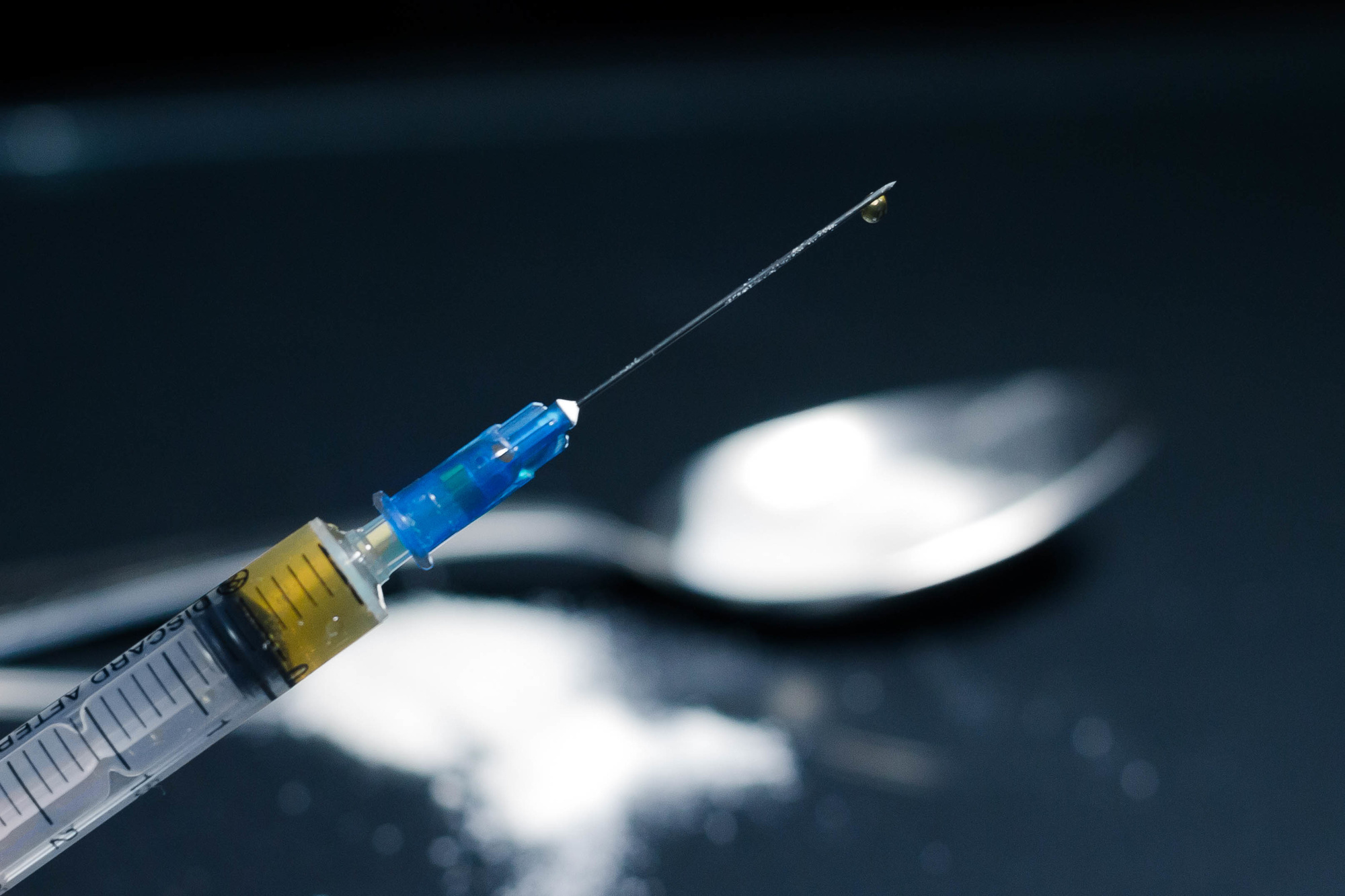Almost one million people reported using heroin in the last 12 months. That’s about 0.3% of the population.
Heroin use can be a really scary thing, leading to addiction, and a lot of times, it sadly becomes fatal.
In this guide, we’ll teach you about the signs of a heroin addict so that you can help protect yourself and loved ones if things turn to the worst.
Symptoms of Heroin Addiction
There are a lot of signs of heroin addiction that you can look out for. The symptoms of heroin addiction will differ from person to person based on the frequency of use as well as their own genetic makeup. If you notice any of these signs and heroin addict symptoms, you may want to start seeking out help for your loved one:
- Depression
- Euphoria
- Mood swings
- Anxiety
- Hostility toward others
- Irritability
- Lying about drug use
- Excessive weight loss
- Scabs or bruises on the skin
- Disorientation and hallucinations
- Paranoia
- Less attention to personal hygiene
- Possession of any of the following: burned spoons, needles, missing shoelaces, glass pipes
- Periods of hyperactivity followed by periods of exhaustion
- More periods of time spent sleeping
- Lack of motivation
- Decline in overall performance (academically or professionally)
- Slurred speech
- Frequent respiratory infections
- Wearing long pants and shirts, even in warm weather
- Track marks on arms and legs
- Extreme itching
If you notice any of these signs, you are going to want to get help. This can help save your loved one from following deeper into the addiction patterns as well as potentially save their life.
Risk Factors for Heroin Use
Heroin addiction could happen to anyone. It only takes one time to try the drug and become addicted. However, there are a few risk factors that may make someone more at risk than another person.
Genetic Risk Factors
Genetics can influence how addictive a drug can be. Depending on your genes, a drug may be more addictive to one person than to another simply based on that.
If there has been addiction in the family, it probably means you and all other family members are more prone to addiction.
Brain Chemistry
Drugs can change your brain chemistry. This means that in order to get the feeling you once had from doing a small dose of the drug, you need to do more.
This is due to the change in neurotransmitters in your brain, which has a lot to do with the science behind addiction.
Environmental Risk Factors
Your environment can affect more than you think it does. If you grew up in a home where your parents used drugs, you’d be more desensitized to the use of drugs, and if you grew up where drugs were deemed as bad, you may be less likely to try them.
Psychological Risk Factors
If someone is struggling with mental illness, this can be a comorbidity to using drugs. This can lead to addiction.
Effects of Using Heroin
The symptoms of heroin can be quite scary, especially if you have never witnessed them before. But even worse, there are many negative effects of using heroin. The effects depend on the length of the heroin abuse, how much heroin is used and how often, as well as a person’s genetic makeup.
These can drastically hurt someone’s overall health and general wellness. These are just a few things that may happen to your body during heroin use:
- Liver disease
- Skin disease
- Infections of different parts of the heart like valves and linings
- HIV or Hepatitis B and C
- Chronic pneumonia
- Collapsed, scarred veins
- Blood clots which can lead to more severe effects
- Kidney disease
- Higher risk of chronic illnesses
- Risks for blood-borne pathogens
- Septicemia
- Respiratory depression
- Seizures
While these are all terrible negative effects of using heroin, there is also the risk of overdosing. This tends to happen often because the body needs more and more heroin to feel the effects every time the drug is used. As more and more is used, it becomes more toxic and lethal, eventually leading to too much in the body causing an overdose.
These overdoses are fatal. Sadly, there were upwards of 10,000 deaths from heroin in 2020 due to overdosing.
Going Through a Heroin Detox
If you or someone you know is suffering from heroin use, it’s best to get them help at a detox center.
Getting help during the detox process can make the process much safer and more comfortable for the addicted person. Having a medical professional nearby during this process will make it easier to give any medications in short notice, have professional advice in the matter of seconds, and get help if something goes wrong during the detox process.
In addition to going through a detox, you can also get your loved ones a treatment service to ensure that the detox lasts.
You Now Know the Signs of a Heroin Addict
If you recognize any of these signs of a heroin addict, you may be at a loss of what to do next. It can be scary and nerve-racking to decide the next steps.
It is best if you have a conversation with the person and settle on having them go through a heroin detox. This will help them get clean while also giving them the medical and professional support that they need.
At the Altitude Recovery Community, we want to help in any way we can! If you are curious about how we can help you, do not hesitate to reach out to us as soon as you can!




